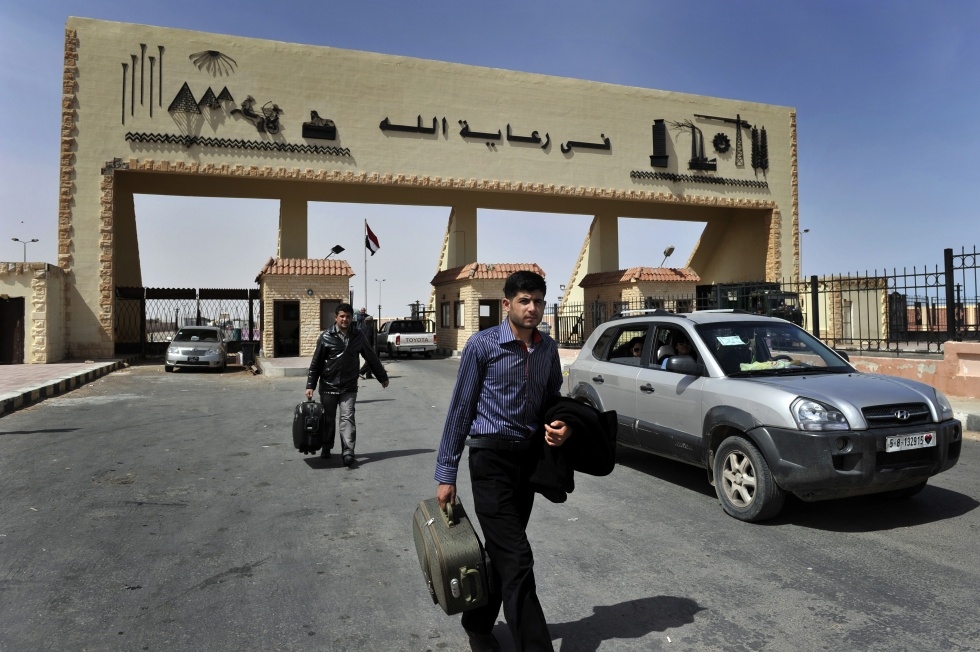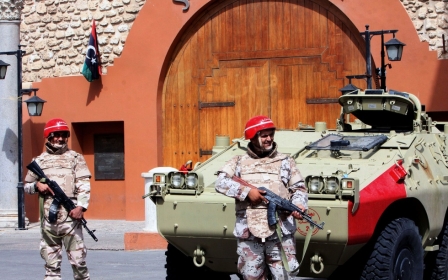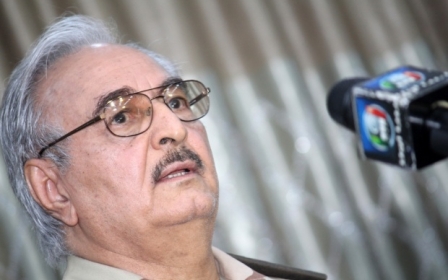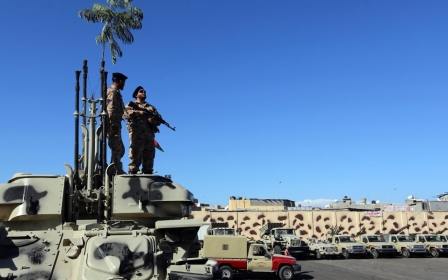Egypt denies role in Libyan turmoil

Egypt on Monday denounced what it called attempts by some people – both inside and outside neighbouring Libya – to embroil it in Libya's current political crisis.
In a statement, Egypt's Foreign Ministry called on the Libyan government and people to iron out their political differences.
"Egypt is following the rapid developments in Libya with deep concern," the ministry said. "It is keen to preserve the unity of Libya and rejects foreign attempts to intervene in that country's affairs."
The tempo of violence in Libya has picked up further since Friday, when forces loyal to renegade army general Khalifa Haftar clashed with a faction of former revolutionaries that now serves as part of Libya's regular army in the eastern city of Benghazi.
The fighting left some 75 people dead and 141 wounded.
Sunday brought a new twist, however, when militants also loyal to Haftar attacked parliament headquarters in capital Tripoli, forcing lawmakers to flee the building in fear for their lives.
Some Libyan news websites have claimed that Haftar enjoys the support of the Egyptian army, going on to draw links between the renegade general's policies and last summer's ouster of elected president Mohamed Morsi by Egypt's military establishment.
Libyan authorities, for their part, accuse Haftar of acting against electoral "legitimacy."
Libya has been plagued by political turmoil since the 2011 ouster and death of dictator Muammar Gaddafi.
Meanwhile, Egyptian authorities have decided to close the border crossing with Libya to passengers from both sides over security deterioration in Libya, an Egyptian security official said.
"We have received instructions to close the Salloum crossing border to passengers starting Tuesday," Matrouh security chief Anani Hamouda announced late Monday.
He said Egyptians and Libyans will not be allowed to travel through the terminal.
The crossing, however, remains open to trucks, he added.
Middle East Eye propose une couverture et une analyse indépendantes et incomparables du Moyen-Orient, de l’Afrique du Nord et d’autres régions du monde. Pour en savoir plus sur la reprise de ce contenu et les frais qui s’appliquent, veuillez remplir ce formulaire [en anglais]. Pour en savoir plus sur MEE, cliquez ici [en anglais].




